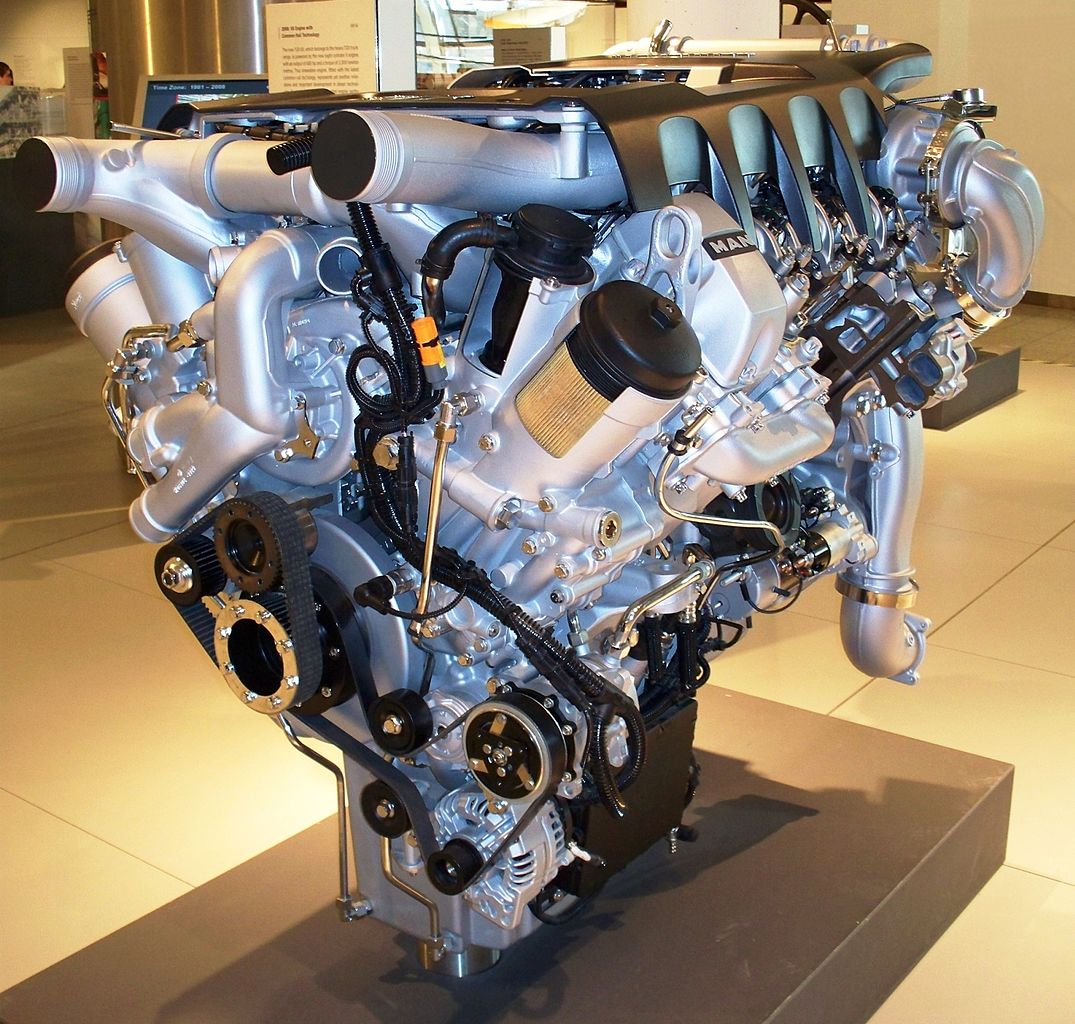 Diesel engines have several distinct characteristics that set them apart from other types of internal combustion engines, such as gasoline engines. Here are some of the key characteristics of diesel engines:
Diesel engines have several distinct characteristics that set them apart from other types of internal combustion engines, such as gasoline engines. Here are some of the key characteristics of diesel engines:
-
Compression Ignition: Diesel engines operate on the principle of compression ignition, meaning the air within the cylinder is highly compressed, and the heat generated by this compression causes the diesel fuel to spontaneously ignite. There are no spark plugs in diesel engines, as ignition occurs solely through high compression.
-
High Compression Ratio: Diesel engines typically have a much higher compression ratio than gasoline engines. This high compression ratio is a fundamental characteristic of diesel engines, and it contributes to their efficiency and ability to generate high torque.
-
Fuel Efficiency: Diesel engines are known for their fuel efficiency. They can convert a larger portion of the energy contained in diesel fuel into mechanical work, which makes them suitable for applications where fuel economy is essential, such as in trucks, ships, and industrial machinery.
-
Torque: Diesel engines are known for their high torque output, especially at low RPMs. This characteristic makes them well-suited for heavy-duty and industrial applications where high torque is necessary for tasks like towing or hauling heavy loads.
-
Durability and Longevity: Diesel engines are typically built to withstand higher levels of stress and load, which contributes to their reputation for durability and longevity. Many diesel engines have longer lifespans and require less frequent maintenance compared to gasoline engines.
-
Lower RPM Range: Diesel engines typically operate at lower RPM (revolutions per minute) ranges compared to gasoline engines. This characteristic complements their high torque output and makes them ideal for applications that require sustained, steady power.
-
Turbocharging: Many modern diesel engines are equipped with turbochargers, which force more air into the combustion chamber. This boosts power output and enhances overall performance. Turbocharging is common in both passenger cars and industrial diesel engines.
-
Efficiency in Heavy-Duty Applications: Diesel engines are commonly used in heavy-duty applications such as commercial trucks, buses, construction equipment, and marine vessels. Their efficiency, durability, and torque make them well-suited for these demanding tasks.
-
Emissions: Diesel engines traditionally produce more nitrogen oxides (NOx) and particulate matter (PM) compared to gasoline engines. However, advancements in emission control technologies have significantly reduced these emissions in modern diesel engines.
-
Diesel Fuel: Diesel engines use diesel fuel, which is less volatile than gasoline. Diesel fuel is generally more energy-dense, providing more energy per unit volume, which contributes to the efficiency of diesel engines.
-
Noise and Vibration: Diesel engines can be noisier and produce more vibrations than gasoline engines due to the higher compression ratios and ignition process. However, modern diesel engines are equipped with noise-reduction technologies to make them quieter.